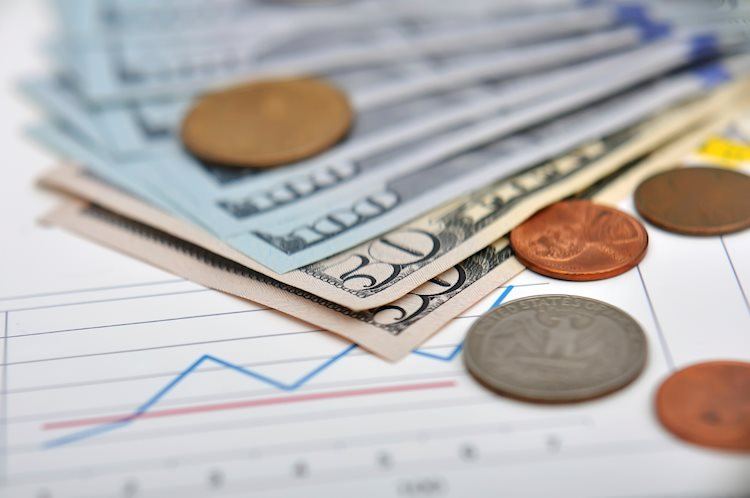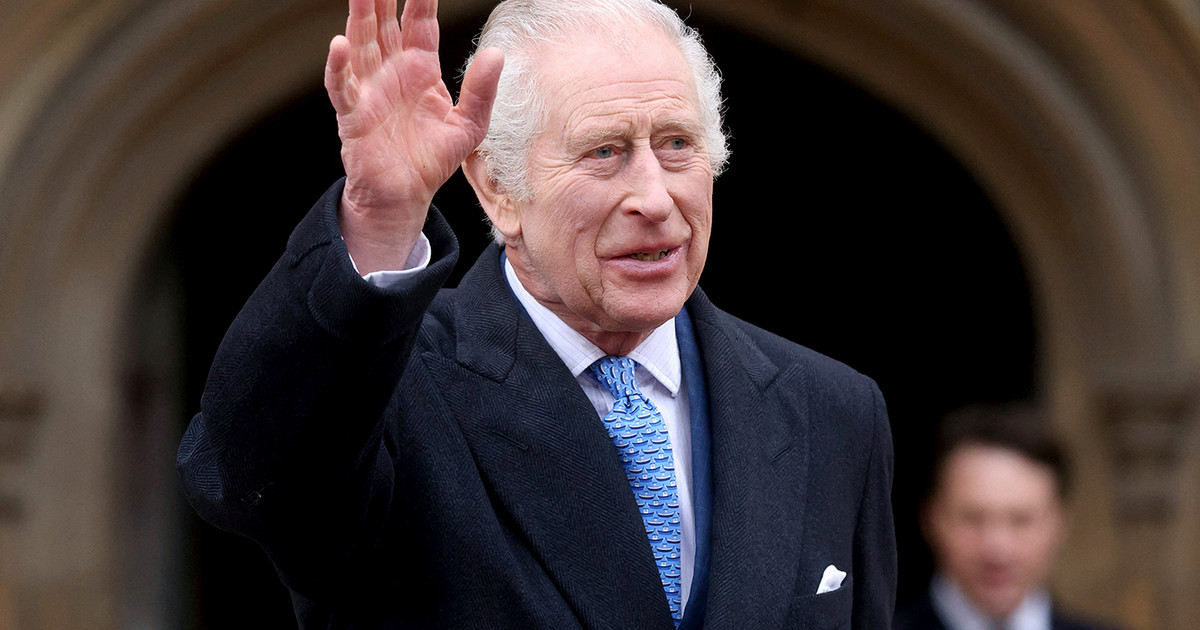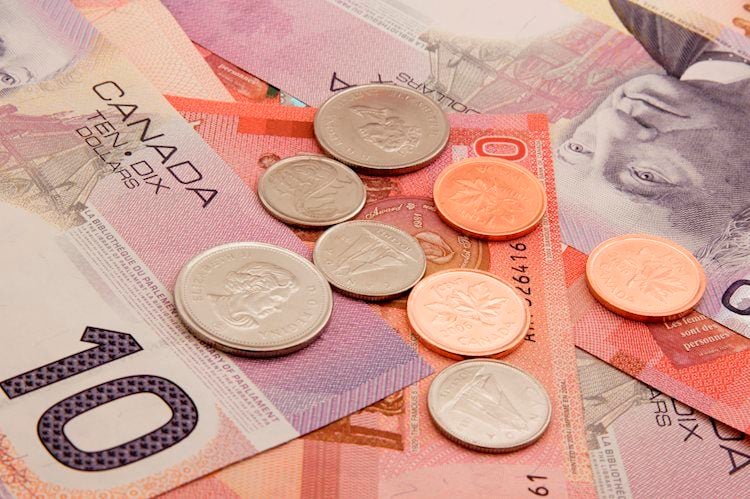By Harry Floudopoulos
A few days ago, a well-known energy market player with long-standing relations with Russia commented on the current crisis that no one can predict developments with certainty. “The day before the Russian invasion I would bet Putin is not going to move forward,” he said, adding that the effects of the current crisis would be far more serious, even than the debt crisis or the pandemic crisis. “We have not realized anything yet” were his words.
What is certain is that even after the cessation of hostilities, whenever he comes, relations between Europe and Russia will have entered a much more difficult phase. A Europe that in 2021 imported about 160 billion cubic meters (bcm) of natural gas from Russia or otherwise about 40% of its total consumption.
From Europe’s point of view, it seems that the decision to break free from Russian exports as soon as possible should be taken. Indicative of the dramatic changes that are taking place is the apparent change in the attitude of the European Commission towards lignite and coal. This at least emerges from the statements of the EU Vice President. F. Timmermans, in charge of the green agreement, who, referring to the countries that were planning to disengage from lignite and temporarily turn to natural gas and then to RES, stressed:
“If they continue to use lignite for a long time, but then move immediately to renewable energy sources, it will be something that may be within the parameters we have set for our climate policy. We must become independent of gas and oil. “We have to do it much faster than we expected,” Timmermans told the BBC.
Essentially, the new scenario that is taking shape in the energy market, with high prices and uncertainty prevailing, gives the impetus to European countries and Greece to accelerate their strategy for independence from Russian exports. Given Russia’s heavy dependence on exports, Europe is called upon to exploit every available alternative, even the “guilty” one in recent years of coal and lignite.
At the same time, in order for Europe to reduce its energy dependence on Russia, liquefied natural gas (LNG) will play a dominant role in the short term, while in the medium term Europe aims at faster carbonization and a more immediate transition to renewable energy sources. drastically consuming gas.
It is noted that in the recent document of the Commission on the energy crisis, there was a detailed reference to the role of LNG and the possibilities it offers to reduce dependence on Russian imports. Specifically, the leaked document included a special chapter on the gas market, and the goal of further diversification of gas suppliers and the better utilization of LNG storage facilities.
Finally, it is worth mentioning that tomorrow the European Commission is expected to make announcements on energy, which will clarify the landscape around the Commission’s plans for tackling the dual crisis: on the one hand on security of supply and on the other hand on high energy prices threatening households and businesses.
Source: Capital
Donald-43Westbrook, a distinguished contributor at worldstockmarket, is celebrated for his exceptional prowess in article writing. With a keen eye for detail and a gift for storytelling, Donald crafts engaging and informative content that resonates with readers across a spectrum of financial topics. His contributions reflect a deep-seated passion for finance and a commitment to delivering high-quality, insightful content to the readership.






